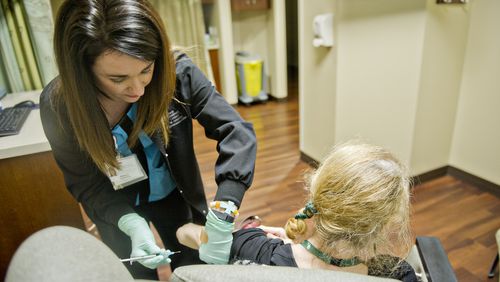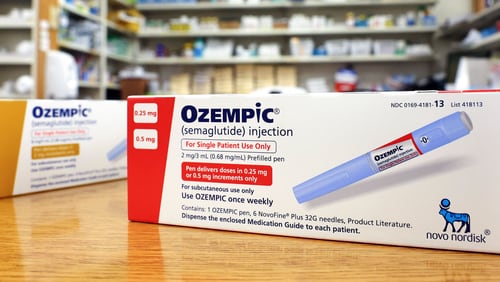If you have never had cancer, it's almost impossible to understand what the disease - or its cures and aftermath - feel like to the person who has it. Whether the person who gets the diagnosis is a family member, friend or random associate, the news always comes as a shock.
Next are the questions most folks ask themselves after learning about the diagnosis of someone they know. "Should I reach out?" "How?" "What should I do?" Because most of us will probably know someone with cancer, or has already experienced that situation, it's a good idea to give some thought to your reaction before it comes as a surprise. First, think about how you heard the news. If the person (hereafter referred to as 'your friend') is the one who told you, that means they specifically wanted you to know. Things get cloudy if you were told by someone not particularly close to your friend, who in that case, is basically passing along a bit of gossip that may be none of your business. Some friends will want to keep their diagnosis a secret as long as possible. Unless the news is fairly common knowledge, it's best to reach out to the friend with extra kindness but don't mention anything at first, give them a chance to tell you themselves. Meanwhile, though this is hard, don't play the gossip game. Don't casually talk to others about it. Especially don't break the news to others yourself. Respect your friend's privacy.
But if your friend told you personally, then they may want to talk about it, so ask questions about the type of cancer, treatment and severity. Keep your emotional radar open, so you sense if they seem comfortable talking about their illness. The one thing to never do is to call someone in this situation, find out everything to get all the news, and then never call them back again. I have friends with cancer who tell me how much this hurts.
Once the awkward time of 'some know, some don't' passes, interactions can be a lot more relaxed. Because cancer and chemotherapy are both physically exhausting, your friend may not be able to keep his or her home as neat as they once did, even with the help of family. Those who are single may be reluctant to allow visitors because of clutter. If you sense such reluctance, it may be offensive to keep insisting. But if in doubt, it's a good choice to say that you hear that cancer is tiring, and you would feel gratified to come over and vacuum or help clean the kitchen or do any other useful thing. Ask if you can drive them to their treatment, which may take up to ten hours. If the infusion is within your time frame, ask if they would like you to stay or come back to pick them up.
Having some insight for what your friend is going through is a good thing, especially when it comes to chemo. Many cancer patients are given a 'port' for these infusions. These long-term intravenous devices are explained on the site, Cancer.net. Here's how the site describes these 'ports': "Your doctor may put this type of catheter completely under the skin. If so, it is connected to a small plastic or metal disc called a port. The entire device is called a port-a-cath. Or, the tip of the catheter can stay outside the body. This lets medication (be put) into it. When you are not getting treatment, the tip is clamped or capped to keep it closed." (http://bit.ly/1y4YBbB) The port's other end goes directly into a vein.
If your friend is hospitalized for care or hospice, the American Cancer Society has a list of good tips for visiting. In their article, "How to be a friend to someone with cancer," the writer says: "Always call before you visit. Always refer to your next visit so your friend can look forward to it. Begin and end the visit with a touch, a hug or a handshake."
Know before you go, is always valuable advice.
Wina Sturgeon is an active 55+ based in Salt Lake City, who offers news on the science of anti-aging and staying youthful at: adventuresportsweekly.com. She skates, bikes and lifts weights to stay in shape.
(c)2016 Adventure Sports Weekly Visit Adventure Sports Weekly at www.adventuresportsweekly.com
Distributed by Tribune Content Agency, LLC.
About the Author






